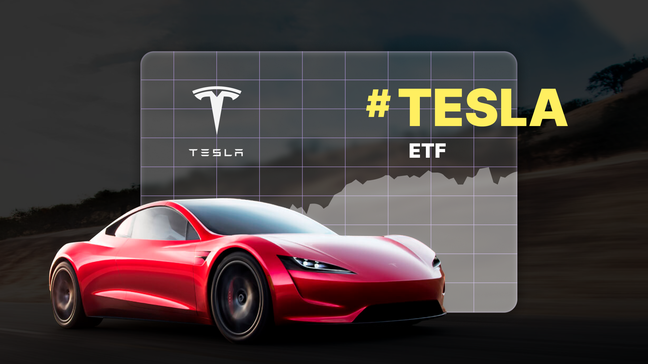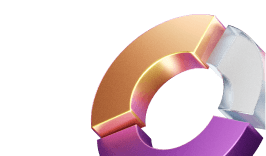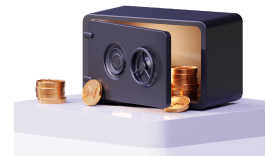A new ETF has been geared up to attract more hesitant investors eager to make safer bets on Tesla. The idea is to create bigger exposure on stocks. At the same time, the new product was designed to let traders better evaluate risks and steer clear of extreme volatility.
A so-called buffered ETF (TSLH) has adopted a risk reversal strategy with a chance to put a cap on gains as well as minimize the risk of failure during the downside.
The Upside and the Floor
A new product is expected to offer a 10% floor (maximum loss) along with a 10% upside. In other words, if the asset loses 20% value, an investor loses only 10%. If Tesla goes down by 50%, the investor loses 10%.
The only trick here is that issuers will reset the floor each quarter. However, they assume it will never surpass the announced 10%. When the product was initially launched, the floor rested at 9.23%. The instrument was introduced to traders on July 26. Since that time, it has shown a 5% growth. Meanwhile, Tesla stocks have also performed a 12% increase during the same timeframe.
Zero Risks, Really?
It is not the first risk reversal product launched by the same issuer. However, the strategy already got under fire from the Exchange Commission and U.S. Securities. Such ETF products potentially come with risky issues, as they mainly rely on a short-term basis. Moreover, products with a complex exchange-traded structure can also bring additional risks.
This fact makes them quite tricky even in regards to risk-averse and sophisticated traders. What’s more, the consequences can be even worse, considering potential system risks in case markets are put under stress and extreme conditions resulting in severe volatility.
In other words, such products may still require extra rulemaking and regulations to keep investors safe. This particular type of ETF is new. It does not mean it is necessarily complex. On the other hand, it might be a better option to look for some more favorable ETF conditions, while new instruments must be tested under various market conditions.
Who is to make those tests? No one knows. Oppositely, investors can choose from a selection of trusted instruments to trade including DJI 30 and DAX40 with 1:500 leverage. Can you find better trading conditions? We really doubt it.




